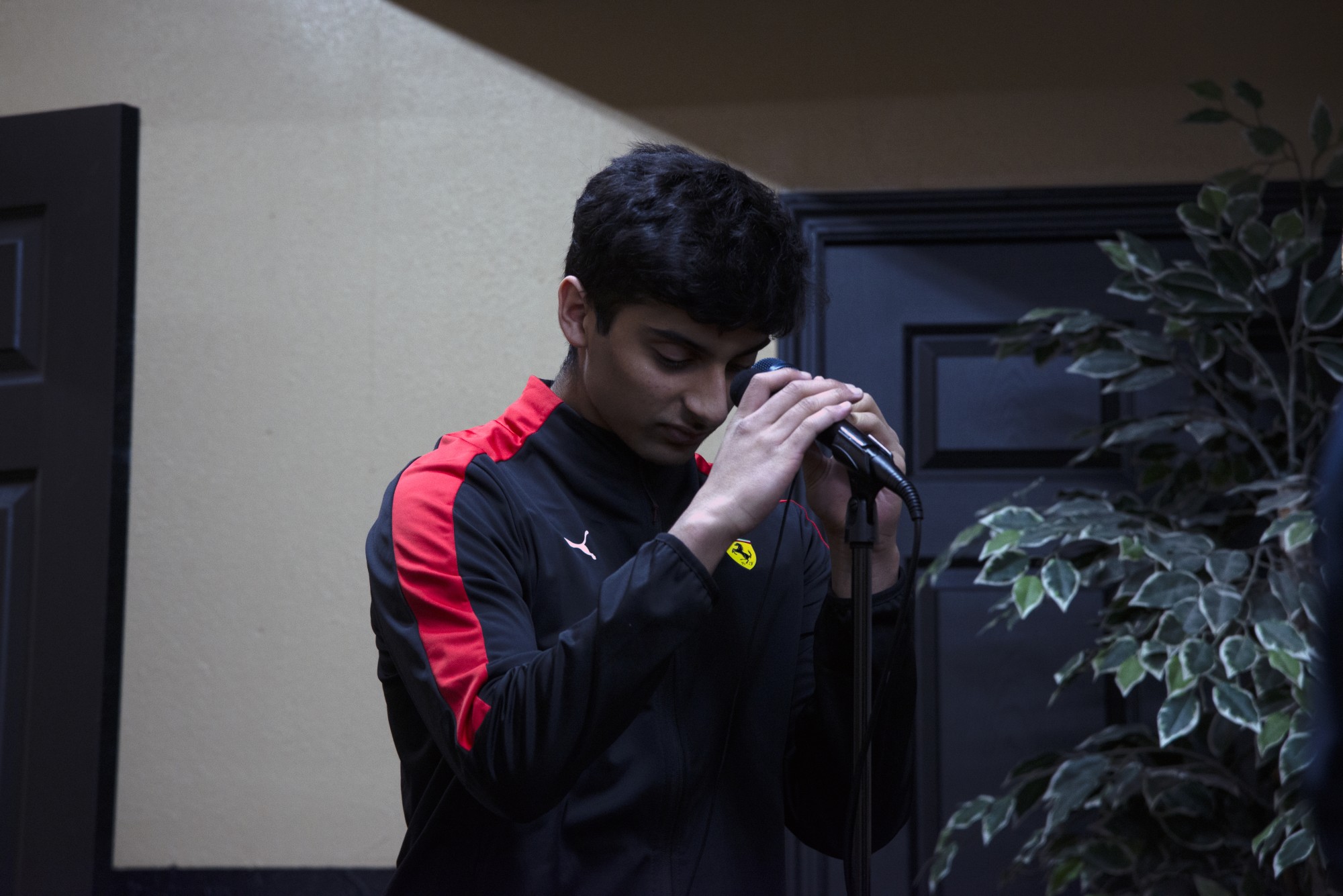On the initial day of Ramadan, Abdirahman Mukhtar brought his children to hear the adhan broadcast through the streets of Cedar-Riverside, a first for Minneapolis.
The daily call to prayer has been broadcast live from Dar Al-Hijrah Mosque since April 23 and will continue throughout the Islamic holy month of Ramadan. Some community members said the adhan helps cultivate a sense of community during COVID-19 social distancing.
“The call to prayer really gives us that opportunity to continue to be connected to the mosque,” said Mukhtar, a resident of Cedar-Riverside and community leader. “That’s why I actually took my kids to witness that historic day. It’s spiritual, emotional, and you know, well-being for all of us.”
The adhan occurs five times a day before prayer. The first prayer happens around 4 or 5 a.m. to mark the beginning of fasting that spans the rest of the day. Muslims typically gather after sunset for a large celebratory meal to break the daily fast — but that has not been possible due to the pandemic.
“In Islam, you know, saving lives is very important. If you save one life, it is similar to saving humanity,” Mukhtar said. “The social distancing — this is also saving lives.”
The social aspect of Islam is especially important during Ramadan, which community organizer Abdirizak Bihi said has been a challenge for the community.
“The mosque is really the place,” Bihi said. “The sacred refuge where people go not only to pray, but also to socialize and to see each other and talk to each other after they come out of the mosque, to stand outside and talk about jobs, news, everything.”
Bihi said the call to prayer acted like an “alarm clock” each morning around 5 a.m. while he was growing up in Somalia. He has not heard an adhan publicly broadcast in 30 years.
“Oh my god, the last time I heard it was in Egypt before I came to the United States,” Bihi said.
Bihi has seen people travel from far away to experience the adhan in Cedar-Riverside. He said Christians and Jews also visit to stand in solidarity during the call to prayer.
Pastor Jane Buckley-Farlee from Cedar-Riverside’s Trinity Lutheran Congregation has joined Muslims during the adhan. She said she hopes the call to prayer helps cultivate the sense of community that may seem distant during the pandemic.
Bihi said he has always felt welcomed in Minneapolis, even before there was a large presence of Muslims in the state. In the early 1990s, before most mosques were built, Bihi said Christian churches would offer community space for Friday prayer.
But the broadcast has also spurred some criticism from people outside the community. Bihi said he does not believe all of the critics are racist or Islamophobic, but may be ignorant or fearful of Islam.
“It’s a struggle we have to, unfortunately, continue to really educate them about the ignorance they have to other people and other things,” Bihi said.
Minneapolis Mayor Jacob Frey, who facilitated the noise permit to allow for the adhan, noted all religions have sound-based traditions, from Christian church bells to the shofar used on Jewish holidays.
“It’s incumbent on leaders to create a sense of togetherness whenever we can,” Frey said. “And that’s what the call to prayer does. It provides solidarity and comfort, both of which are critical during a crisis.”









